
Building the professions of the future: the “energy auditor”

“Each day you feel more empowered: it’s a life-changing opportunity”

Plants eating oil for a natural clean-up of the Arctic
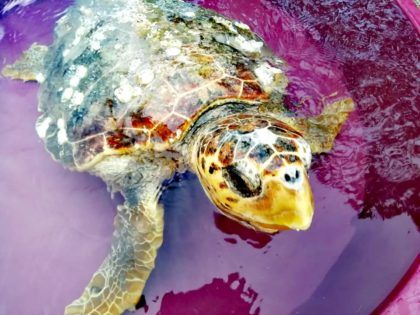
Whatever you throw into the sea will come back to you
More than 62 million of debris are estimated to be floating in the Mediterranean Sea – one of the six areas most affected by marine litter in the world. Plastic accounts for a large part of all manmade debris. Marine litter not only endangers numerous aquatic organisms – it threatens to finish up on our plates through the food chain. An EU-funded project COMMON is taking actions in the five pilot areas of the Mediterranean – in Italy, Tunisia and Lebanon – to combat the common challenge.
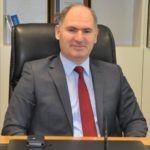
"Citizens against marine litter"
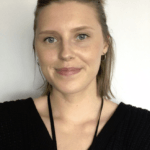
"We are all fighting a common enemy: forest fire"
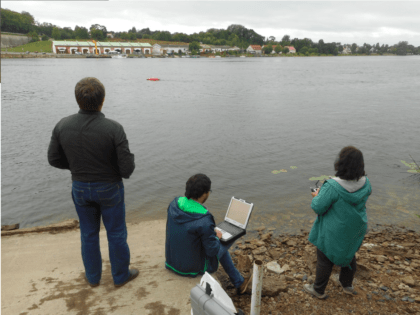
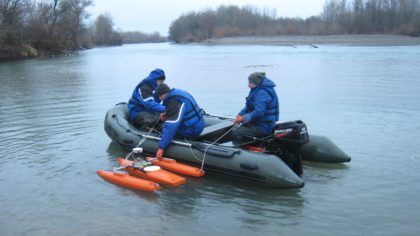
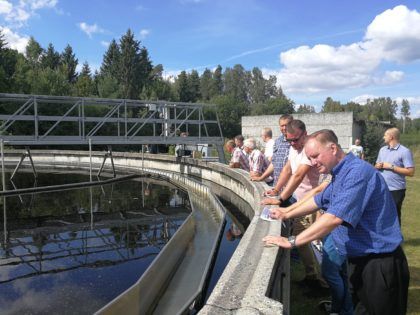
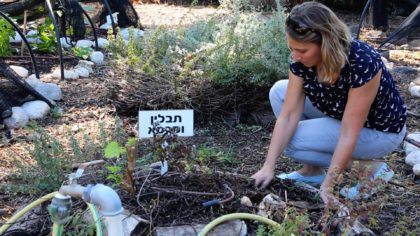
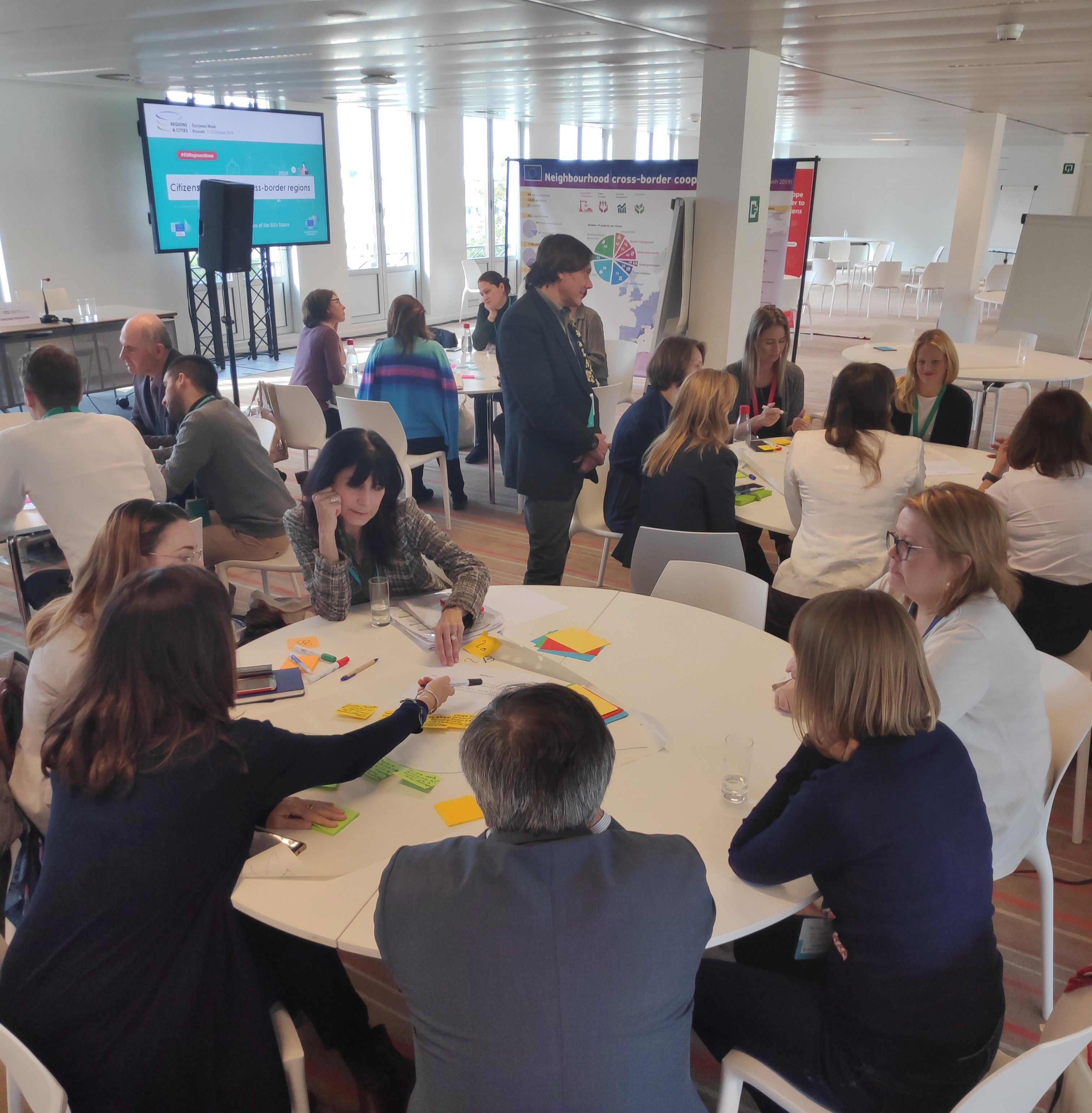 What about a symbolic “contract” signed by every trained student, engaging him to become a life-ambassador for the environment? This is one of the concrete proposals collected during the Participatory Lab “Citizens for greener cross-border regions along the EU’s external borders”, which took place on 10 October in Brussels during the European Week of Regions and Cities. The biggest event on EU regional and urban policy counted this year on over 6.000 participants, 600 speakers and over 100 workshops, debates and networking opportunities. TESIM participated to the event with a three-fold activity articulated around an exhibition stand, a Participatory Lab and a thematic workshop (as side event).
What about a symbolic “contract” signed by every trained student, engaging him to become a life-ambassador for the environment? This is one of the concrete proposals collected during the Participatory Lab “Citizens for greener cross-border regions along the EU’s external borders”, which took place on 10 October in Brussels during the European Week of Regions and Cities. The biggest event on EU regional and urban policy counted this year on over 6.000 participants, 600 speakers and over 100 workshops, debates and networking opportunities. TESIM participated to the event with a three-fold activity articulated around an exhibition stand, a Participatory Lab and a thematic workshop (as side event).